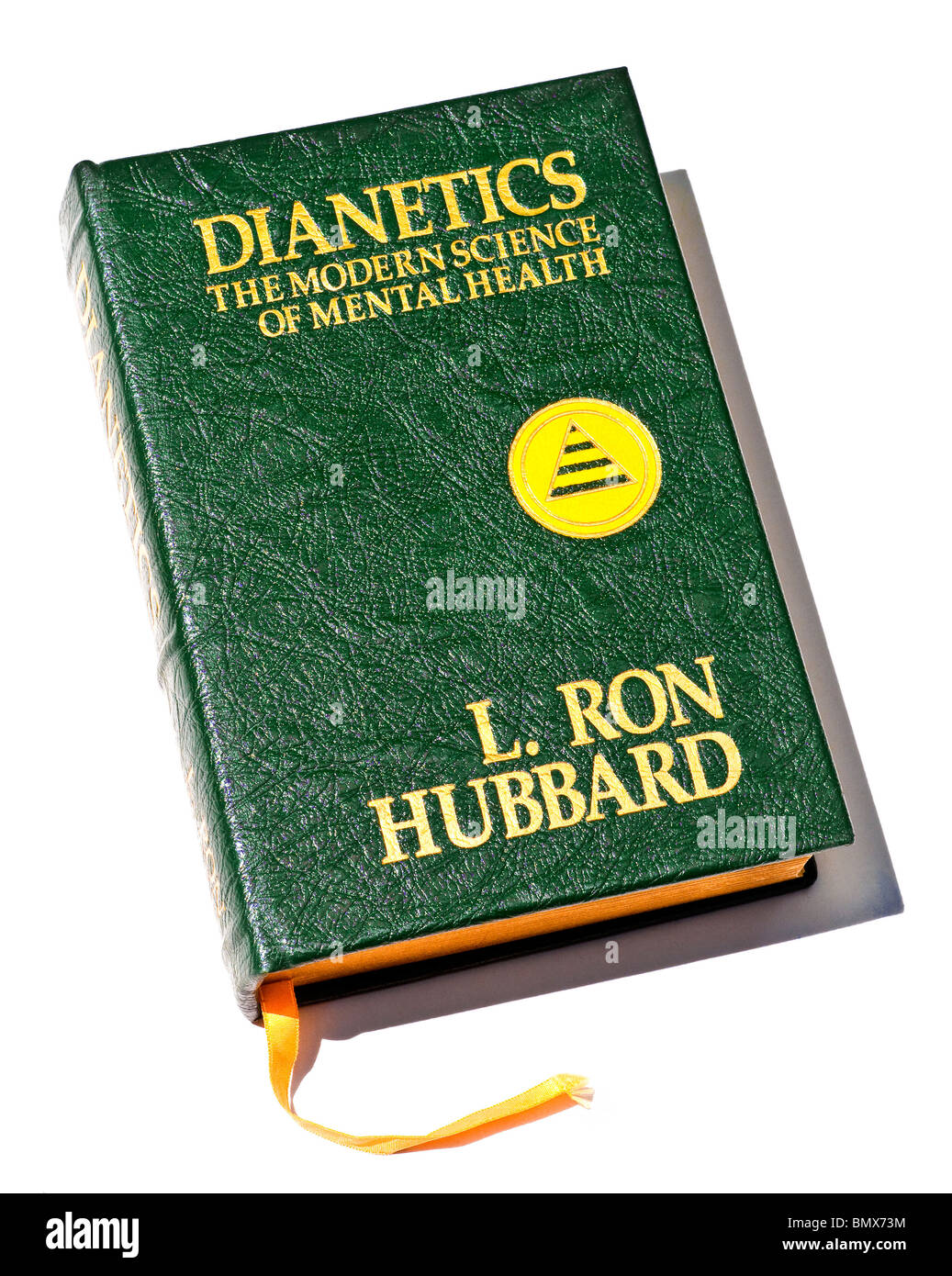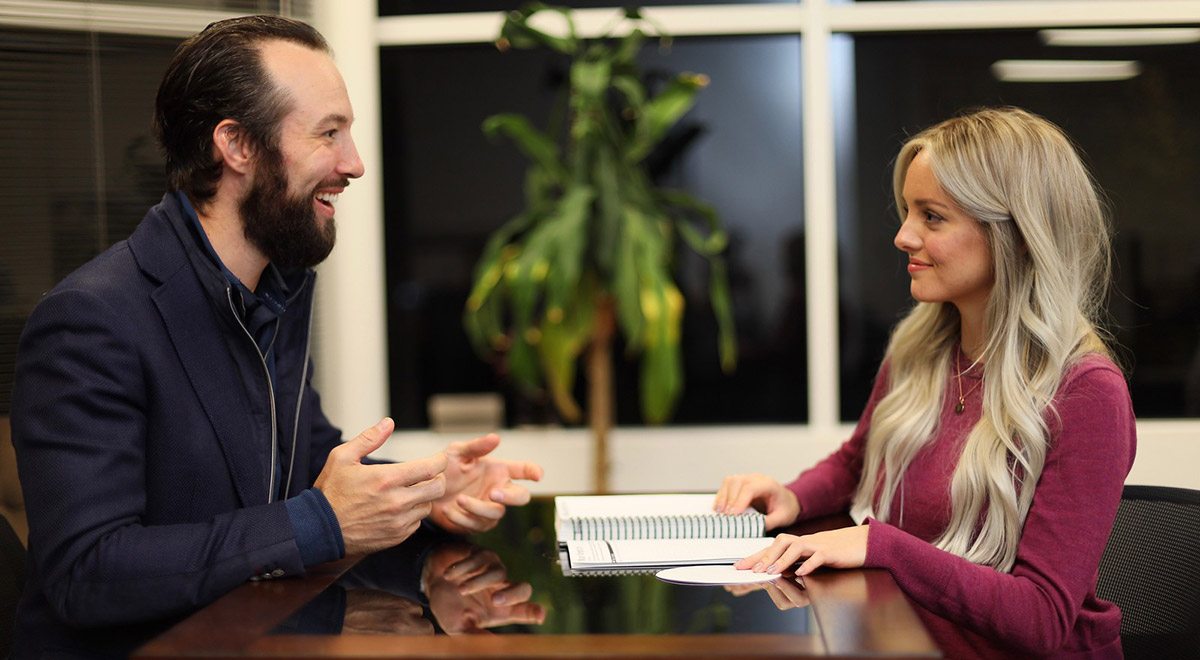Getting My Dianetics To Work
Getting My Dianetics To Work
Blog Article
Some Of Dianetics
Table of ContentsTop Guidelines Of DianeticsThe Basic Principles Of Dianetics The Basic Principles Of Dianetics The Basic Principles Of Dianetics
I could not ever not intend to obtain anything that comes to mind for you- if it was otherwise, I would not be resting here with you, doing this. I not only can never have a problem, or otherwise want to hear something that comes to mind for you, yet I'm totally eager to know every idea, every thought, every picture or sensation that emerges or shows up for you- do not ever think otherwise, and if for one reason or another you do, please just let me recognize! Occasionally, you might have an idea, and image, concept or incident appear that does not appear to answer the question, or connect to it, yet nevertheless, constantly do inform me about it, and as we continue, the relevance will arise for you.This is integral in the basis of processing, and the subject of this conversation: the fundamental duties of the therapist and the client: The fundamental duty of the counselor is, in contrast to "common training", not to regulate, which implies to enforce and/or prevent, but to instead function from the basis of EMPOWERING THE CLIENT.

The smart Trick of Dianetics That Nobody is Discussing
John Mcmasters shared this standard truth incredibly well in among his talks on Power handling, in which he discusses just how he was asked what this "special propensity" was that he had for providing such wonderful sessions; he had to consider that for a minute, and spotted that it was what he had not been doing, in addition to what he was doing: he wasn't examining, judging, computer, or in truth, producing any type of thoughts, allow alone spoken expressions, after giving the command and while awaiting the PC to finish their response to their fulfillment; he was, just and just, existing with the computer, and totally interested.
The duty of the therapist, demonstrated; that was his "special flair". I have had my own experience which educated me this well, really early in the game. In 1982, having actually lately completed my training and teaching fellowship on New Period Dianetics, I was running this on a PC, and there try this out was a factor in the session where (being a little bit damp behind the ears not yet having numerous hours under my belt as an expert auditor) the PC appeared to be "taking as well lengthy" to share anything vocally after I provided him a command.
This trick ended up being one of the most useful payment that John ever made to the topic of therapy or auditing (Dianetics). In my simple viewpoint, it is the greatest contribution that anybody has actually ever made to these subjectsthe application is totally non-judgemental, non-evaluative, and devoid of any kind of pointer, guidance or opinion.no preconceived agenda for people, or 'levels' that they must do
In Idenics, the only resource of info concerning a client is the specific customer. In Scientology we prided ourselves on not evaluating for people. But all that actually implied was that the auditor did not vocally evaluate for the computer in session. The registrars and values officers examined for the computer.
Not known Incorrect Statements About Dianetics

Anyone that had actually ever before seen John audit might not aid but notice an unique quality in his bookkeeping."The client's fundamental function is to be there with the function of relocating in the direction of their spiritual goals, and to openly and fully reveal and experience whatever shows up for them in answering the concerns and performing the directions in the handling.
This is something to process as needed. However likewise, people regularly have prior experience and/or indoctrination in auditing/processing which, in some ways, and to some extent, actually misleads them into attitudes, ideas and actions patterns that avoid the full realization of these functions, therefore they will certainly tend to prevent the expressing of what comes to mind, as in the examples offered over. * The initial, and maybe leading examples of mis-indoctrination causing much less than completely smooth and reliable sessions, can be found in certain aspects of the training regimens, or "TR's":"TR's" are typically a person's very first, or at the very least early, experience in Scientology, and while I will certainly go on to clarify what I see as the problems in concept and method, nevertheless, tend to be significantly therapeutic, done as they are given (Hubbard firmly insists that "TR's are not refining, they are training", yet factually, they are both handling AND training)
Alan Walter made comparable monitorings, and improved these with his "Presence Processes". There is no "failing", and no denial of the reality of this being handling. The emphasis, as it needs to be, is on experiencing the various other person's presence. All the symptoms which get a "flunk" in doing "TR-0" are merely the being's efforts to resist the various other individual's visibility, and as opposed to being bugged and badgered with "Flunk", which enforces "failing!" on the being, one simply requires to be encouraged to "stick their feet in the water a little deeper", to significantly rehabilitate their capability and desire to totally share and experience "being here", or "visibility", with others.
The Definitive Guide for Dianetics

Report this page